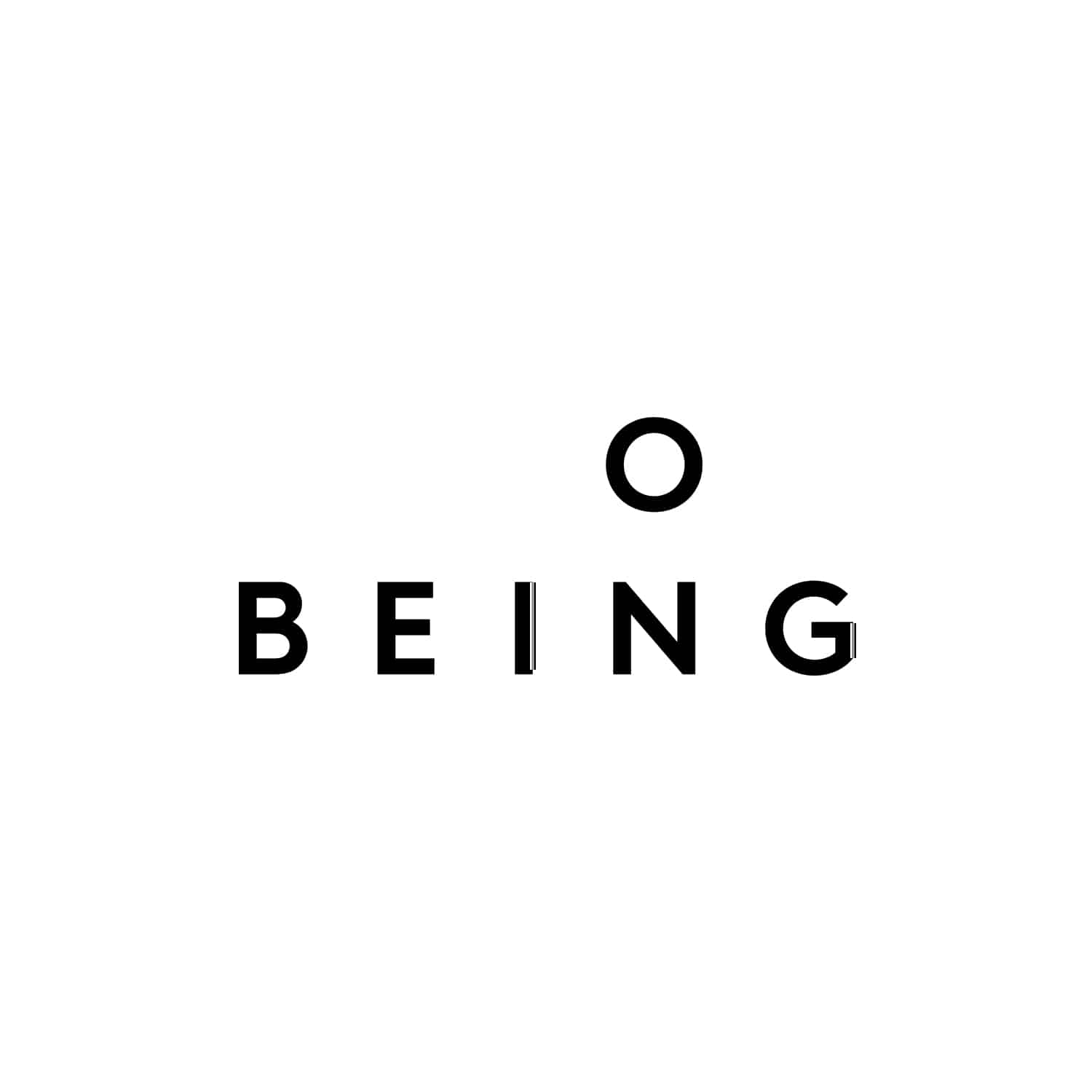Moment #12: Jimmy Wales on The First Wiki

Explore " jimmy wales" with insightful episodes like "Moment #12: Jimmy Wales on The First Wiki", "Simon DeDeo on Good Explanations & Diseases of Epistemology", "[Unedited] Jimmy Wales with Krista Tippett", "Jimmy Wales — The Sum of All Human Knowledge" and "Biertaucher Podcast Folge 060" from podcasts like ""100 Moments That Rocked Computer Science", "COMPLEXITY", "On Being with Krista Tippett", "On Being with Krista Tippett" and "Biertaucher-Podcast"" and more!


What makes a satisfying explanation? Understanding and prediction are two different goals at odds with one another — think fundamental physics versus artificial neural networks — and even what defines a “simple” explanation varies from one person to another. Held in a kind of ecosystemic balance, these diverse approaches to seeking knowledge keep each other honest…but the use of one kind of knowledge to the exclusion of all others leads to disastrous results. And in the 21st Century, the difference between good and bad explanations determines how society adapts as rapid change transforms the world most people took for granted — and sends humankind into the epistemic wilds to find new stories that will help us navigate this brave new world.
This week we dive deep with SFI External Professor Simon DeDeo at Carnegie Mellon University to explore his research into intelligence and the search for understanding, bringing computational techniques to bear on the history of science, information processing at the scale of society, and how digital technologies and the coronavirus pandemic challenge humankind to think more carefully about the meaning that we seek, here on the edge of chaos…
If you value our research and communication efforts, please subscribe to Complexity Podcast wherever you listen, rate and review us at Apple Podcasts, and/or consider making a donation at santafe.edu/engage. Thank you for listening!
Join our Facebook discussion group to meet like minds and talk about each episode.
Podcast theme music by Mitch Mignano.
Follow us on social media:
Twitter • YouTube • Facebook • Instagram • LinkedIn
Works Discussed:
“From Probability to Consilience: How Explanatory Values Implement Bayesian Reasoning”
Zachary Wojtowicz & Simon DeDeo (+ SFI press release on this paper)
“Supertheories and Consilience from Alchemy to Electromagnetism”
Simon DeDeo (SFI lecture video)
“From equality to hierarchy”
Simon DeDeo & Elizabeth Hobson
The Complex Alternative: Complexity Scientists on the COVID-19 Pandemic
SFI Press (with “From Virus to Symptom” by Simon DeDeo)
“Boredom and Flow: An Opportunity Cost Theory of Attention-Directing Motivational States”
Zachary Wojtowicz, Nick Chater, & George Loewenstein
“Scale and information-processing thresholds in Holocene social evolution”
Jaeweon Shin, Michael Holton Price, David H. Wolpert, Hajime Shimao, Brendan Tracey, & Timothy A. Kohler
“Slowed canonical progress in large fields of science”
Johan Chu and James Evans
“Will A Large Complex System Be Stable?”
Robert May
Related Podcast Episodes:
• Andy Dobson on Disease Ecology & Conservation Strategy
• Nicole Creanza on Cultural Evolution in Humans & Songbirds
• On Coronavirus, Crisis, and Creative Opportunity with David Krakauer
• Carl Bergstrom & Jevin West on Calling Bullshit: The Art of Skepticism in a Data-Driven World
• Vicky Yang & Henrik Olsson on Political Polling & Polarization: How We Make Decisions & Identities
• David Wolpert on The No Free Lunch Theorems and Why They Undermine The Scientific Method
• Science in The Time of COVID: Michael Lachmann & Sam Scarpino on Lessons from The Pandemic
• Jonas Dalege on The Physics of Attitudes & Beliefs
• Tyler Marghetis on Breakdowns & Breakthroughs: Critical Transitions in Jazz & Mathematics
Mentioned:
David Spergel, Zachary Wojtowicz, Stuart Kauffman, Jessica Flack, Thomas Bayes, Claude Shannon, Sean M. Carroll, Dan Sperber, David Krakauer, Marten Scheffer, David Deutsch, Jaewon Shin, Stuart Firestein, Bob May, Peter Turchin, David Hume, Jimmy Wales, Tyler Marghetis
![[Unedited] Jimmy Wales with Krista Tippett](https://www.podcastworld.io/podcast-images/on-being-with-krista-tippett-ov69yxq1.webp)
![[Unedited] Jimmy Wales with Krista Tippett](https://onbeing.org/wp-content/uploads/2015/06/1500x1500_OnBeing_EpisodeArtwork.jpg?resize=320,320)
Jimmy Wales is the co-founder and promoter of Wikipedia and chair emeritus of the Wikimedia Foundation. This interview is edited and produced with music and other features in the On Being episode “Jimmy Wales — The Sum of All Human Knowledge” Find more at onbeing.org.


In the 15 years since its inception, Wikipedia has become as much a global community as a business venture — a living organism with a mission statement to make “the sum of all human knowledge available to every person in the world.” And a conversation with co-founder Jimmy Wales — one of the architects of that philosophy and the world-changing project that has grown up around it — is full of surprises. What Wikipedia is learning has resonance for our wider public life — about the imperfect but gratifying work of navigating truth amidst difference, ongoing learning, and dynamic belonging.

Shownotes: http://spielend-programmieren.at/de:podcast:biertaucher:2012:060
Bitte flattern:

Inhalt:
0:50 Hausmeisterthemen
0:04:00 Johnny hat bei Hofer spontan ein Tablet gekauft
0:12:30 Horst war auf der Premiere von Indiegame The Movie
0:21:00 Higgs-Boson-„Gottes“teilchen
0:26:10 Meego wieder auferstanden / Firefox OS / Thunderbirdentwicklung eingestellt
0:33:00 Appguard eine App zum Rechte entziehen
9:00 Bücher befreien: unglue it ebookrechte / Creative-Commons Lizenezen für bibliotheken kaufen
0:42:00 Crossworlds mit Rutger Hauer / Starshiptrooper TV series
0:46:40 Braunschlag TV Serie aus Österreich
0:49:30 EPY verschenkt Musik-Mixtape „Eptify“
0:51:00 Meldung: Japan: 13jähriger verhaftet wegen Computervirus
0:54:00 Jimmy Wahles ruft auf zur Online Petition auf
0:58:00 Telepolis Artikel: Peak Öl in Europa schon vorbei / Zusammenhang mit Wirtschafskrisen
0:59:30 Göttingen Podcastcluster/ Wikigeeks
1:02:00 Callenterinteviewteaser+Interview


Jimmy Wales, founder of Wikipedia, talks with EconTalk host Russ Roberts about the birth and growth of Wikipedia. He talks about the role of Hayek's insights into the design of Wikipedia, how Wikipedia deals with controversy, the reliability of Wikipedia relative to traditional reference sources and the future possibilities for projects that rely on voluntary contributions of time and creativity.
Stay up to date
For any inquiries, please email us at hello@podcastworld.io